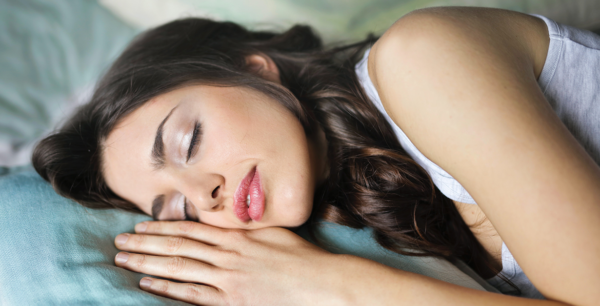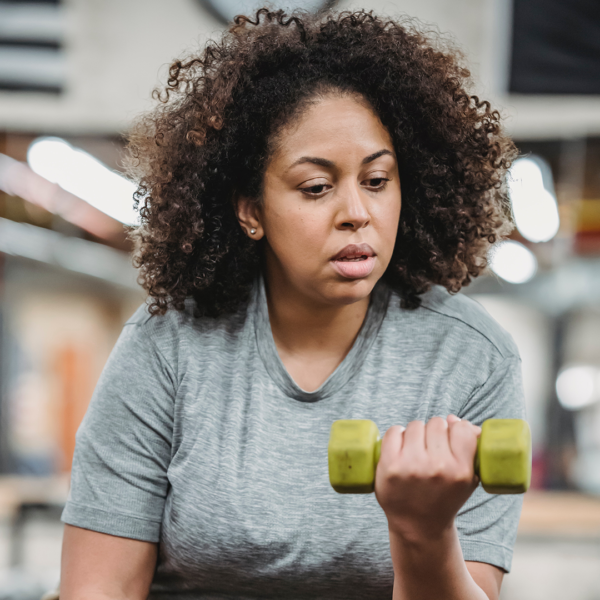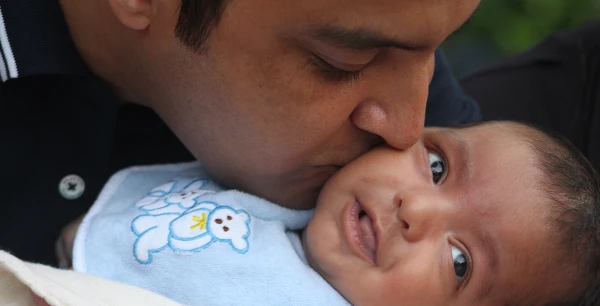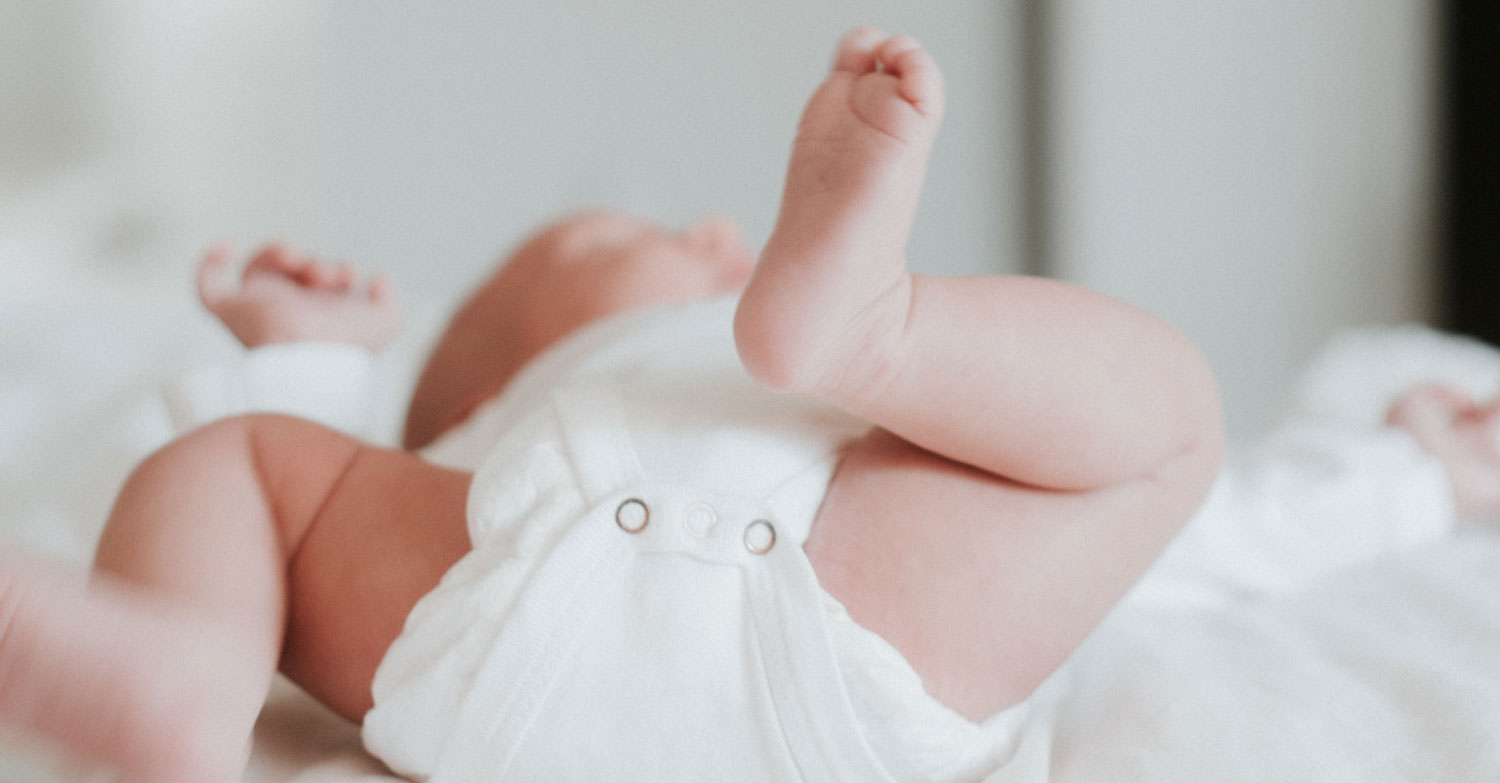Sleeping Well Every Night for the Whole Family! Sleep Tips for Everyone
Did you know that getting your 7-8 hours at night can help you live longer, be thinner, think clearer and look younger? Sleeping well is essential to overall health.
Despite these incredible benefits more then half of U.S. adults get less then 7-8 hours of shuteye at night! Luckily, there are a few solutions that can help.
If you are one of the 75% of adults who report having a sleep problem, consider some of these helpful sleep tips to start to get the sleep you need and your body craves:
 Keep a Regular Schedule
Keep a Regular Schedule
While you have young children you might want to set your bedtime earlier than usual. Even on weekends, try not to modify it by more than an hour. Routines “condition” us for sleep, psychologically and physiologically, and the conditioned response then makes it easier to fall asleep and stay asleep. This tip is essential for children’s night sleep and naps too!
Wondering about sleep schedules for your kids?
Read: Sample Schedules: Sleep and Naps From 6 Months to Preschool
Sleeping Well Means Winding Down
Listen to quiet music, take a bath, or read a book. Some people find that light stretches, meditation, creative visualization, or progressive relaxation helps. The average person (adult or child) takes 15-20 minutes to put her/himself to sleep. Massaging your child after a bath can be very relaxing too!
Take a Nap to Catch Up
Either take a short twenty- to thirty-minute nap or take a longer ninety- to hundred-minute nap so you don’t wake up during a non-REM sleep cycle and feel groggy. Before I learned that, I used to set the alarm for one hour and wake up feeling lethargic and lousy, like I needed a major infusion of caffeine.
Babies need at least a 45minute nap for it to be restorative. Remember, skipping naps can cause your child to have difficulty going to sleep at night and make them wake more often and too early in the morning! Not logical but true!
Sleep deprivation is real!
Read: Sleep Deprivation in New Parents: Learn All About Newborn Sleep
A Sleep-Friendly Bedroom Helps with Sleep
Your room should be quiet, dark, and secure, and your mattress, pillows, and sheets should be comfortable. Sort out any temperature-control issues with your partner or spouse! Install room darkening shades and remove pillows from your baby’s bed.
Bedtime routines help everyone get settled.
Read: Creating a Soothing Bedtime Routine – 7 Tips to Meet the Challenge
Avoid Screens for an Hour
That means turn off the TV, computer and cell phone and don’t bring them in to the bedroom. The light from the screen tells the body not to secrete melatonin, the drowsy making hormone, making it more difficult to go to sleep. Shut down with about an hour to go, and you’ll have an easier time sleeping.
Exercise Early
If possible, leave at least three to four hours between strenuous exercise and sleep, and you certainly don’t want to work out right before you go to bed. The same goes for rough housing with your child before bed, try to keep things quiet and mellow at least an hour before bed. Getting at least 30 minutes of exercise, three times per week is a healthy habit that can also help you fall asleep.
 Get Some Sun
Get Some Sun
Go for a walk or sit in a sunny room, and try to get out of the house or at least briefly escape your artificially lit office cubicle. This tip will help your child too!
Eat Dinner Three Hours Before Bed
Ever gone to bed after a huge dinner, only to lie in discomfort for an hour? Your body digests better when it’s upright and moving. This, of course, does not apply to babies.
Reduce Your Caffeine Consumption
Caffeine is fine in moderation. More than about 2 cups of coffee can affect sleep. Don’t have any caffeine for at least six to eight hours before bedtime because it stays in your bloodstream. Caffeine doesn’t just mean coffee—it means tea, many sodas, chocolate, and some over-the-counter cold and headache remedies. We become more sensitive to caffeine as we approach our forties.
Nicotine is also stimulant, so if you haven’t stopped smoking, poor sleep is yet another incentive
Alcohol Can Affect Sleep
Alcohol may help you fall asleep, but if you aren’t sleeping well after a few cocktails, then alcohol might be the culprit. We wake up more often at night and earlier in the morning when processing larger amounts of alcohol, and it can affect you more as you age.
Sleeping Well is Important!
Anxiety, depression, and other mental health issues can affect sleep. On the other side, sleep deprivation can cause depression, heart disease and weight gain…not to mention it makes you age faster. There really is such a thing as “beauty sleep”.
Make it a priority to get 7-8 hours as an adult and remember that children need between 10-11 hours of sleep at night for the first 10 years of their lives!
Child won't sleep and you don't know where to start?
There is a gentle, proven method to get a good night's sleep for you and your child...


